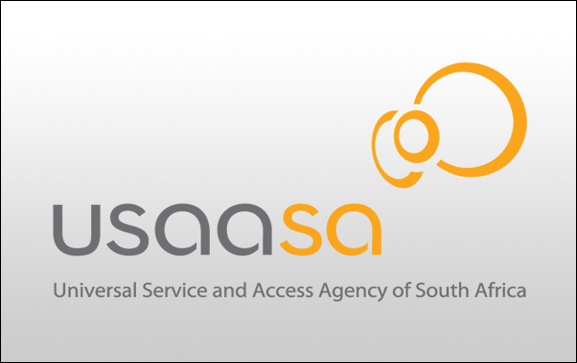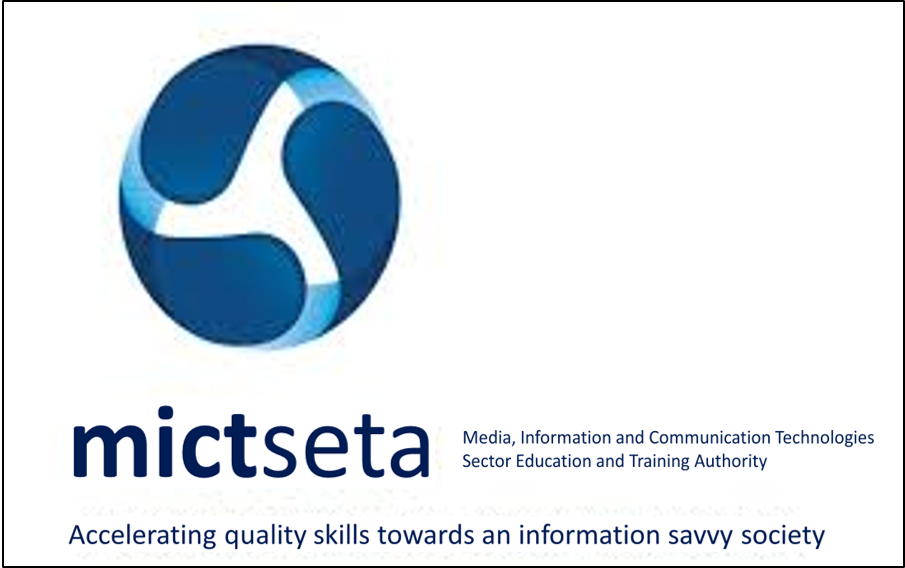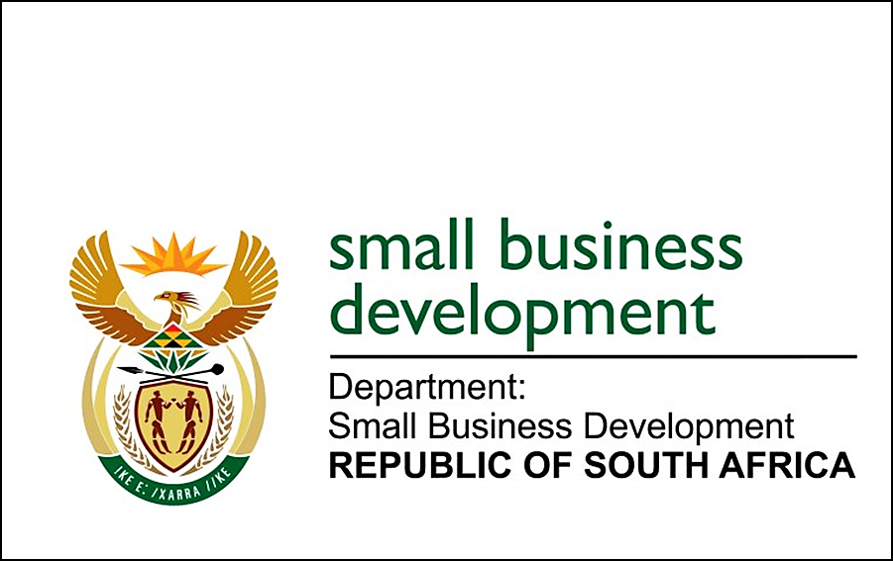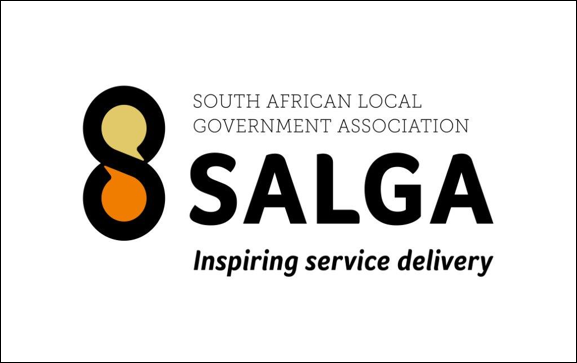SAKAN Partners: Community
This page is central to the SAKAN concept, and demands extensive research to understand fully the aspirations, ambitions, dreams, successes and failures of the poor as they attempt to improve their lives through ICT. The successes, and failures, must be analyzed and fully understood so that the known high failure rates of Small, Medium and Micro Enterprises (SMME) start-ups, which exceed 90%, can be reduced over time, and position the SMME sector as the principal economic driver and job creator, as per the experience of both developed and rapidly developing nations. SAKAN begins this survey of successful and failed SMMEs in the ICT sector with a very short list of the national institutions set up by the Government of South Africa to promote the growth of SMMEs. The required analyses of the successes and failures of actual SMMEs, and the causes of these successes and failures, will follow, the nature of SMMEs is that records are not kept, the entrepreneurs often move on to other endeavours immediately after their costly failures. This survey will begin with detailed consultations of the institutions listed below, and be expanded through a broader based national study. The primary objective of the study will be to understand the causes of SMME failures and successes so that improved intervention strategies can be developed.
Please click on each icon to access the websites of these organizations, followed by the upper left-pointing "Return" arrow of your web page to return to this page. To return to the main SAKAN site, please click the "PARTNERS" navigation bar, or the "HOME" navigation bar to return to the home page.
Initial list of national institutions mandated or able to promote SMME development in the ICT sector.
USAASA
 The Universal Service and Access Agency of South Africa (USAASA) is a State Owned Entity of government established through the Electronic Communications Act, No 36 of 2005, to ensure that "every man, woman and child whether living in the remote areas of the Kalahari or in urban areas of Gauteng can be able to connect, speak, explore and study using ICT's. USAASA administers the Universal Service and Access Fund (USAF), derived from a tax on all national ICT operators and service providers, to fund projects and programmes that strive to achieve universal service and access to ICTs by all South African citizens.
The Universal Service and Access Agency of South Africa (USAASA) is a State Owned Entity of government established through the Electronic Communications Act, No 36 of 2005, to ensure that "every man, woman and child whether living in the remote areas of the Kalahari or in urban areas of Gauteng can be able to connect, speak, explore and study using ICT's. USAASA administers the Universal Service and Access Fund (USAF), derived from a tax on all national ICT operators and service providers, to fund projects and programmes that strive to achieve universal service and access to ICTs by all South African citizens.
 The Universal Service and Access Agency of South Africa (USAASA) is a State Owned Entity of government established through the Electronic Communications Act, No 36 of 2005, to ensure that "every man, woman and child whether living in the remote areas of the Kalahari or in urban areas of Gauteng can be able to connect, speak, explore and study using ICT's. USAASA administers the Universal Service and Access Fund (USAF), derived from a tax on all national ICT operators and service providers, to fund projects and programmes that strive to achieve universal service and access to ICTs by all South African citizens.
The Universal Service and Access Agency of South Africa (USAASA) is a State Owned Entity of government established through the Electronic Communications Act, No 36 of 2005, to ensure that "every man, woman and child whether living in the remote areas of the Kalahari or in urban areas of Gauteng can be able to connect, speak, explore and study using ICT's. USAASA administers the Universal Service and Access Fund (USAF), derived from a tax on all national ICT operators and service providers, to fund projects and programmes that strive to achieve universal service and access to ICTs by all South African citizens. MICT-SETA
 The Media, Information and Communication Technologies Sector Education and Training Authority, the “MICT SETA”, was established in terms of the Skills Development Act, 1998 (Act No. 97 of 1998). The MICT sector is made up of five sub-sectors that are interconnected but also quite distinct and identifiable in their own right. These are: (a) Advertising; (b) Film and Electronic Media; (c) Electronics Information Technology; (d) Telecommunications. The MICT sector is currently made up of just over 21,000 companies within the five sub-sectors. Mission: to generate, facilitate and accelerate the processes of quality skills development.
The Media, Information and Communication Technologies Sector Education and Training Authority, the “MICT SETA”, was established in terms of the Skills Development Act, 1998 (Act No. 97 of 1998). The MICT sector is made up of five sub-sectors that are interconnected but also quite distinct and identifiable in their own right. These are: (a) Advertising; (b) Film and Electronic Media; (c) Electronics Information Technology; (d) Telecommunications. The MICT sector is currently made up of just over 21,000 companies within the five sub-sectors. Mission: to generate, facilitate and accelerate the processes of quality skills development.
 The Media, Information and Communication Technologies Sector Education and Training Authority, the “MICT SETA”, was established in terms of the Skills Development Act, 1998 (Act No. 97 of 1998). The MICT sector is made up of five sub-sectors that are interconnected but also quite distinct and identifiable in their own right. These are: (a) Advertising; (b) Film and Electronic Media; (c) Electronics Information Technology; (d) Telecommunications. The MICT sector is currently made up of just over 21,000 companies within the five sub-sectors. Mission: to generate, facilitate and accelerate the processes of quality skills development.
The Media, Information and Communication Technologies Sector Education and Training Authority, the “MICT SETA”, was established in terms of the Skills Development Act, 1998 (Act No. 97 of 1998). The MICT sector is made up of five sub-sectors that are interconnected but also quite distinct and identifiable in their own right. These are: (a) Advertising; (b) Film and Electronic Media; (c) Electronics Information Technology; (d) Telecommunications. The MICT sector is currently made up of just over 21,000 companies within the five sub-sectors. Mission: to generate, facilitate and accelerate the processes of quality skills development.
DSBD
 The Department of Small Business Development's (DSBD) Mission is to focus on enhanced support to small business and cooperatives, with an emphasis on programmes to advance entrepreneurship amongst women, the youth, and people with disabilities to contribute to job creation and economic growth. The Department's objectives are to facilitate the development and growth of small businesses and cooperatives to contribute to inclusive and shared economic growth and job creation. This includes the establishment of public/private partnerships, access to finance, and "Radical Economic Transformation".
The Department of Small Business Development's (DSBD) Mission is to focus on enhanced support to small business and cooperatives, with an emphasis on programmes to advance entrepreneurship amongst women, the youth, and people with disabilities to contribute to job creation and economic growth. The Department's objectives are to facilitate the development and growth of small businesses and cooperatives to contribute to inclusive and shared economic growth and job creation. This includes the establishment of public/private partnerships, access to finance, and "Radical Economic Transformation".
 The Department of Small Business Development's (DSBD) Mission is to focus on enhanced support to small business and cooperatives, with an emphasis on programmes to advance entrepreneurship amongst women, the youth, and people with disabilities to contribute to job creation and economic growth. The Department's objectives are to facilitate the development and growth of small businesses and cooperatives to contribute to inclusive and shared economic growth and job creation. This includes the establishment of public/private partnerships, access to finance, and "Radical Economic Transformation".
The Department of Small Business Development's (DSBD) Mission is to focus on enhanced support to small business and cooperatives, with an emphasis on programmes to advance entrepreneurship amongst women, the youth, and people with disabilities to contribute to job creation and economic growth. The Department's objectives are to facilitate the development and growth of small businesses and cooperatives to contribute to inclusive and shared economic growth and job creation. This includes the establishment of public/private partnerships, access to finance, and "Radical Economic Transformation".SALGA
 The South African Local Government Association (SALGA) is an autonomous association of all 257 South African local governments. The organization has a National Executive Committee comprised of elected councilors (primarily mayors and office bearers in municipalities) that is responsible for the affairs of the organization between National Conferences and Member's Assemblies, which are the highest and second highest decision making bodies of the association respectively. SALGA's principal strategic role is to support its members in the fulfillment of their developmental obligations.
The South African Local Government Association (SALGA) is an autonomous association of all 257 South African local governments. The organization has a National Executive Committee comprised of elected councilors (primarily mayors and office bearers in municipalities) that is responsible for the affairs of the organization between National Conferences and Member's Assemblies, which are the highest and second highest decision making bodies of the association respectively. SALGA's principal strategic role is to support its members in the fulfillment of their developmental obligations.
 The South African Local Government Association (SALGA) is an autonomous association of all 257 South African local governments. The organization has a National Executive Committee comprised of elected councilors (primarily mayors and office bearers in municipalities) that is responsible for the affairs of the organization between National Conferences and Member's Assemblies, which are the highest and second highest decision making bodies of the association respectively. SALGA's principal strategic role is to support its members in the fulfillment of their developmental obligations.
The South African Local Government Association (SALGA) is an autonomous association of all 257 South African local governments. The organization has a National Executive Committee comprised of elected councilors (primarily mayors and office bearers in municipalities) that is responsible for the affairs of the organization between National Conferences and Member's Assemblies, which are the highest and second highest decision making bodies of the association respectively. SALGA's principal strategic role is to support its members in the fulfillment of their developmental obligations.The search for Communities and SMMEs that will benefit from the SAKAN Concept.
 Cape Town 8th March 2018: "Income inequality is a problem. If you don’t do something about it, they will set up the guillotines. Marie Antoinette's life did not end well.": Michael Bloomberg at the "The Future of South Africa" conference in Cape Town.
Cape Town 8th March 2018: "Income inequality is a problem. If you don’t do something about it, they will set up the guillotines. Marie Antoinette's life did not end well.": Michael Bloomberg at the "The Future of South Africa" conference in Cape Town.The known failure rate of especially "Black" South African SMMEs in the ICT sector is known to exceed 90%. There are a few successes like the GUMA Group, but these are rare. The highly significant and most welcome ICT SMME community active in the South African ICT sector tend to be the members of ISPA and WAPA, outlined in the "Civil Society" pages of this SAKAN site, but by their own admission, the majority members tend to be "Male and White", an irrelevancy if the South African society was less sensitive to gender and race issues.
The challenge for SAKAN is to identify and analyses the record of successes and failures of the large communities of aspiring "Black" ICT entrepreneurs. The SAKAN search will begin at the institutions listed above. The alternative is to perpetuate the warning offered by Michael Boomberg, and miss the opportunities presented by the 4IR to include the majority of South Africans, especially the children and youth, in the rapidly evolving information age.
The slides below provide a reminder of just one of the ways that SAKAN's partners can help to realize - self-driven technological appropriation, digital skills acquisition, and through these, e-readiness for the 4IR by the presently information and knowledge excluded masses in South Africa and all economically marginalized regions of the world.




